I. Introduction
As we approach the winter season, many of us turn our attention to the aspects of home readiness – not forgetting one essential household appliance that is our best friend during those chilly months: our water heater. The potential issues related to heater failure during winter can be quite aggravating, causing inconvenience, discomfort, and sometimes, costly repairs. This makes understanding an array of preventive measures crucial in maintaining your water heater’s longevity and ensuring those cozy winter showers are not disrupted. Let’s delve into a comprehensive guide on water heater maintenance – a groundwork for ensuring a winter-proof glow.
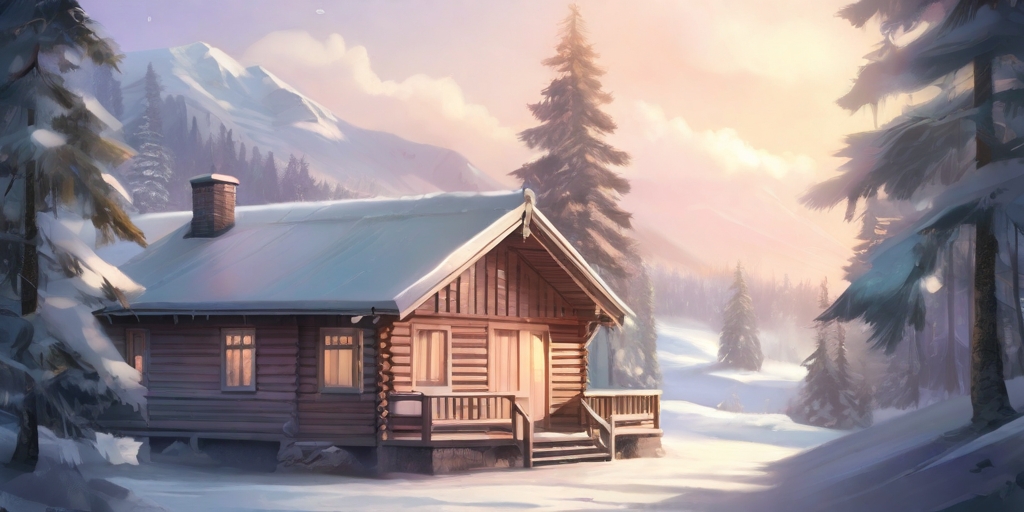
II. Understanding Water Heater Mechanisms
How does a water heater work? At its most basic, a water heater constitutes a thermostat, heating mechanism, and tank where the hot water is stored. In standard water heaters, when the water temperature drops below a preset level, the heating mechanism kicks in to warm it up.
But what happens when winter comes knocking with its freezing temperatures? Water, especially the residual amount in your pipes, can freeze. This puts immense pressure on the system as water expands when frozen, potentially causing damage and, in the worst cases, bursting the water pipes.
The effect of winter varies depending upon the type of water heater you have – while gas water heaters might struggle to maintain their performance due to their exposed flue vent, electric heaters could potentially be more susceptible to power-related issues amidst winter storms.
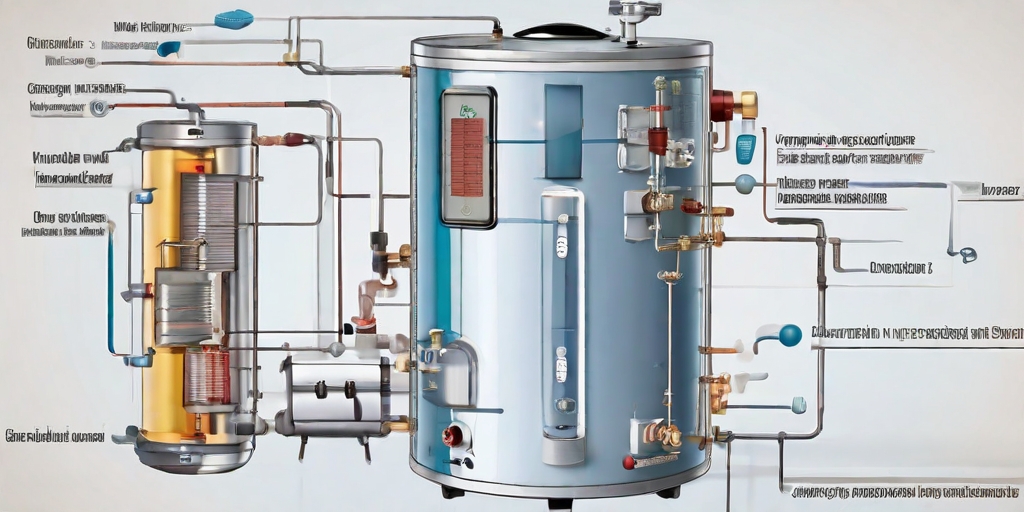
III. Routine Inspections and Seasonal Maintenance
Regular inspections and maintenance are the backbone of any long-lasting appliance, and your water heater is no exception. It’s especially important to give it a once-over before winter sets in. This includes checking for leaks, sediment buildup, and assessing the anode rod, which prevents your tank from rusting.
Talking about winter-specific chores, lowering the temperature can prevent overheating when the water usage reduces. Flushing the heater to get rid of debris, and checking the pressure relief valve to ensure it’s working properly are also essential steps.
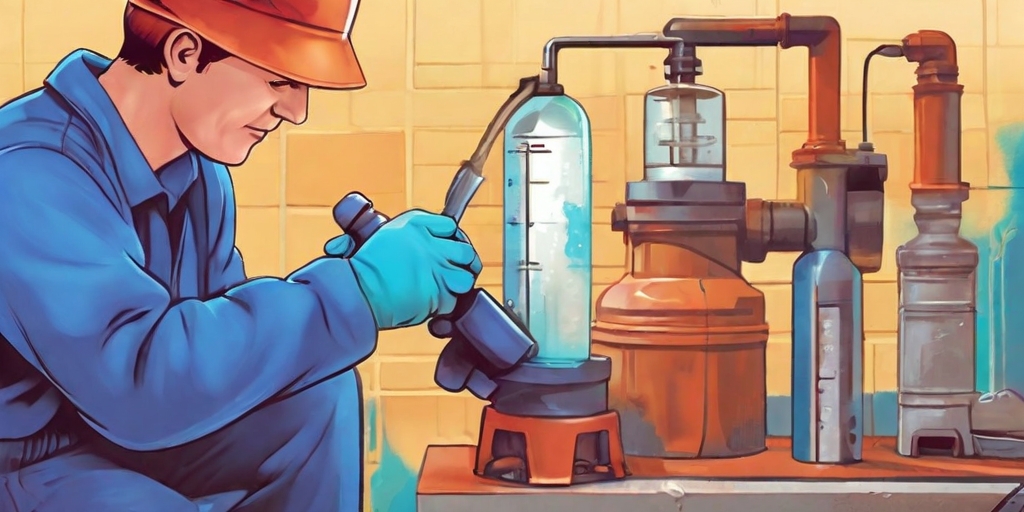
IV. Effective Insulation Techniques
Proper insulation acts as a shield for your water heater against winter’s biting cold. Adequate insulation helps maintain the water temperature, reducing the workload on your heating mechanism and preventing rapid heat loss. If you’ve got an older heater model, consider getting an insulating blanket specifically designed for water heaters. For exposed hot water pipes, using foam pipe insulators could do wonders.
To do this yourself, just wrap your heater in the insulating material and secure it with tape, ensuring the thermostat and burner area are accessible.
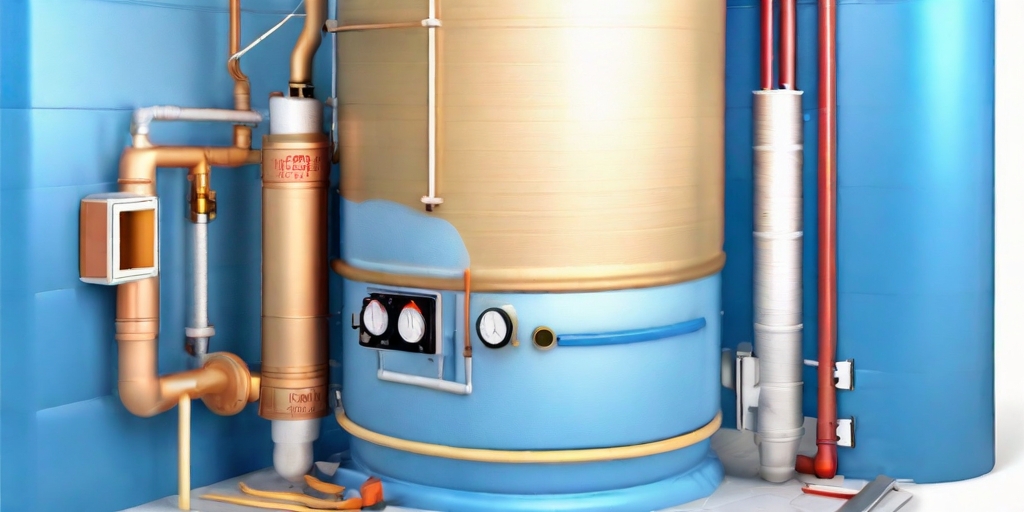
V. Addressing Common Freeze-Related Issues
Winter can throw a wrench in your water heater’s durability and performance. One common issue is pipes freezing, which can lead to serious damage. If this happens, open your faucet slightly to allow a steady drip, which can reduce pipe pressure.
To prevent such issues, consider installing pipe insulation or heat tape. Regular checks and maintenance can also help identify potential problems before they snowball into major issues.
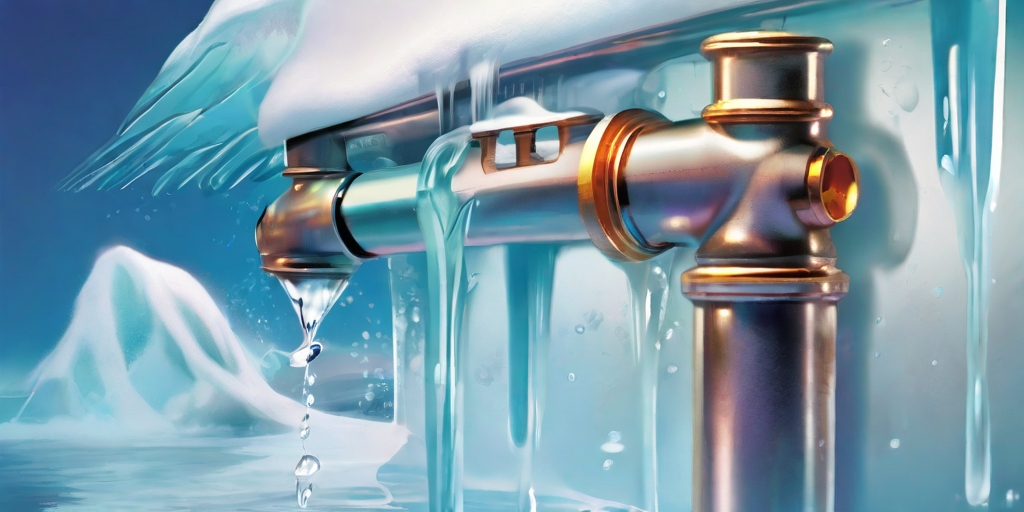
VI. The Role of Professional Inspections
Professional help can be your best bet when things go beyond DIYs, especially if your water heater is past its warranty or has repeated issues. Good professional inspectors can pinpoint any potential problems that you may overlook. They conduct a comprehensive check-up, from cleaning burner assemblies to water hardness testing.
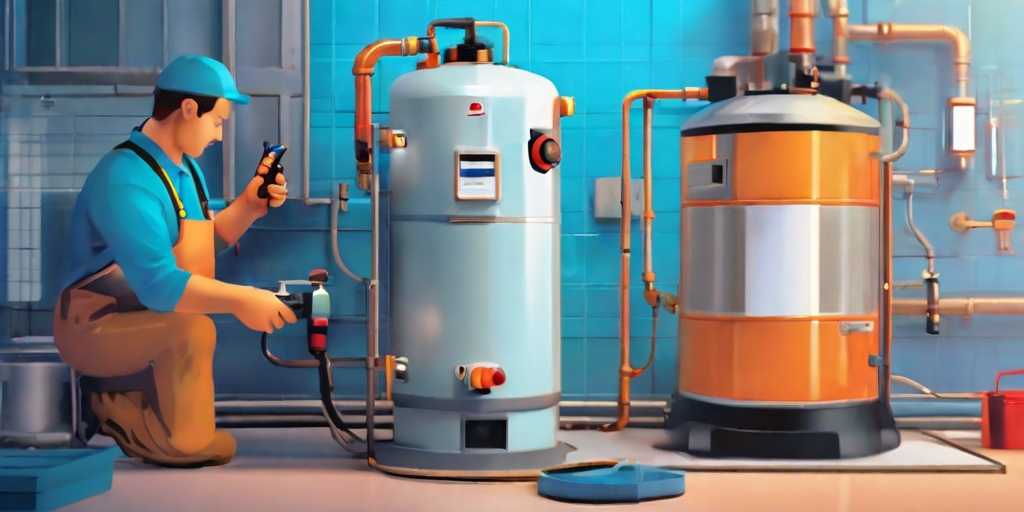
VII. Conclusion and Summary
Maintaining your water heater’s longevity against winter’s harsh conditions is all about staying vigilant and proactive. Regular inspections, effective insulation techniques, and addressing problems in their early stages is your recipe for winter-proofing your glow!

VIII. Frequently Asked Questions (FAQs)
What are the signs of a failing water heater in winter?
> Inconsistent hot water supply, discolored water, unusual noises, and increase in energy bills can indicate water heater failure.
How can I maintain my water heater for maximum longevity?
> Regular inspections, keeping it clean, annual flushing, checking the anode rod, and adequate insulation can extend your water heater’s lifespan.
What is the typical lifespan of a water heater?
> A well-maintained traditional tank-type water heater can last between 8 to 12 years.
Are there any specific brands or types of water heaters that stand up to cold weather better than others?
> Brands do make a difference, but it mainly depends on the water heater’s quality and how well it’s maintained. Tankless water heaters could potentially withstand winter conditions better.
Can I insulate my water heater by myself or should I hire a professional?
> Insulating a water heater can be a DIY job with insulating blankets and pipe sleeves readily available in the market.
Is draining the water heater mandatory for winterization?
> Yes, it’s essential to drain your water heater annually to remove sediment buildup. This practice helps increase the appliance’s efficiency and lifespan.
What should I do if my water heater isn’t producing hot water in the middle of the winter?
> Check your heater’s thermostat, ensure power supply to the heater, clear any sediment buildup, and check the burner. If these steps do not solve the issue, seek professional help immediately.
